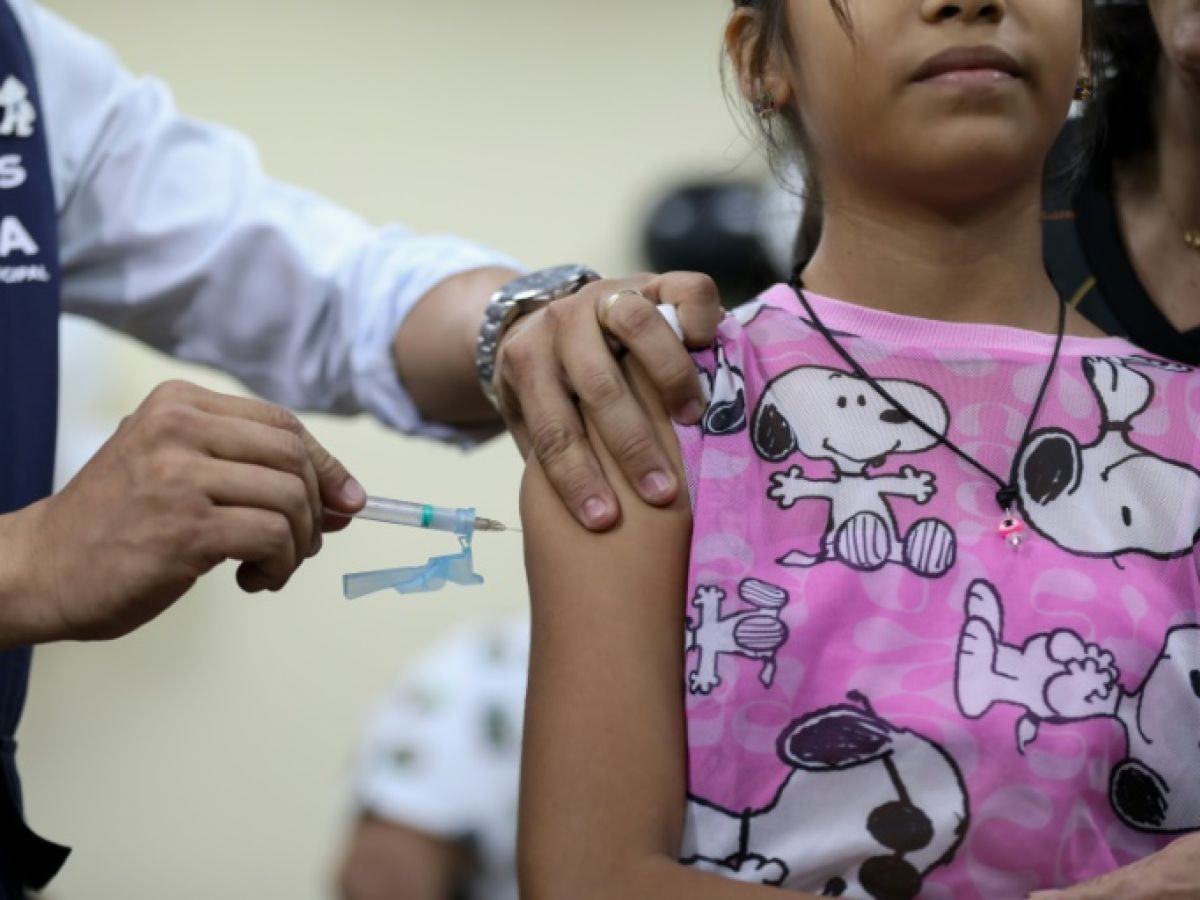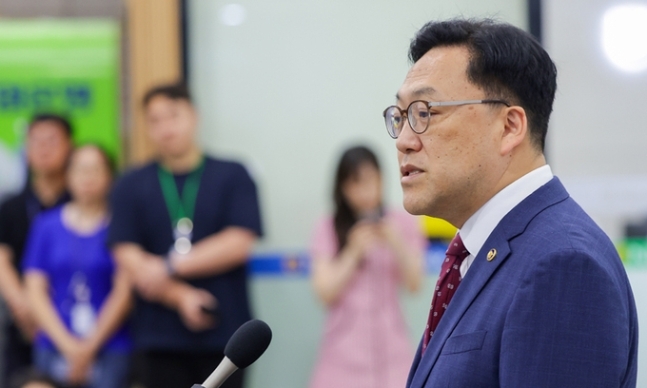This global overview of childhood vaccination from 1980 to 2023, published in The Lancet, provides updated estimates for 204 countries and territories, ahead of a Gavi Vaccine Alliance pledging conference Wednesday in Brussels. The past fifty years have seen unprecedented progress, and the World Health Organization's essential immunization program has saved some 154 million children's lives. Vaccination coverage against diseases such as diphtheria, tetanus, whooping cough, measles, polio, and tuberculosis, for example, doubled between 1980 and 2023 worldwide, the researchers report.
"This long-term progress masks recent challenges and notable disparities."
But "This long-term progress masks recent challenges and notable disparities," notes the medical journal. Measles vaccinations declined between 2010 and 2019 in nearly half of countries, especially in Latin America and the Caribbean, and the proportion of children receiving at least one dose of vaccine against diphtheria, tetanus, whooping cough, measles, polio, or tuberculosis declined in most wealthy countries.
Then the Covid-19 pandemic struck, exacerbating the challenges. Examples of its impacts: Between 2020 and 2023, nearly 13 million additional children never received a single dose of vaccine, and approximately 15.6 million children did not receive the full three doses of diphtheria, tetanus, and pertussis (diphtheria, tetanus, and pertussis) or measles vaccines.
And vast disparities remain, especially to the detriment of the poorest countries. In 2023, more than half of the world's 15.7 million unvaccinated children lived in just eight countries, mostly in sub-Saharan Africa and South Asia. Routine childhood vaccination is one of the most powerful and cost-effective public health actions., said Jonathan Mosser, lead author of the study and a member of the U.S. Institute for Health Metrics and Evaluation (IHME).
Read alsoThe vaccine, a powerful ally that is making its revolution
Epidemics on the rise
"But persistent global inequalities, the challenges posed by the Covid pandemic, increasing misinformation and vaccine hesitancy have all contributed to weakening progress in vaccination," he said in a statement.
Added to this are "a growing number of displaced people and growing disparities due to armed conflict, political volatility, economic uncertainty, and climate crises," pointed out Emily Haeuser, another author and researcher at the IHME.
As a result, outbreaks of vaccine-preventable diseases are increasing worldwide, putting lives at risk and exposing affected countries to increasing costs to deal with them.
The European Union recorded nearly ten times more measles cases in 2024 than in 2023, and the United States surpassed 1,000 confirmed cases last month, already far more than in all of 2024. And a growing number of cases of polio – long wiped out in many parts of the world by vaccination – are being reported in Pakistan and Afghanistan, while an epidemic is affecting Papua New Guinea.
All of these setbacks threaten to prevent the WHO from achieving its 2030 global immunization targets. These include providing essential vaccines to 90% children and adolescents.
Read alsoCovid: Children under-vaccinated in France
"The number of children dying worldwide will likely increase this year."
The WHO also aims to halve the number of children under one year old who have not received a single dose of the diphtheria, tetanus, and pertussis vaccine compared to 2019. Only 18 countries have achieved this so far, according to the study, funded by the Gates Foundation and Gavi.
The global health community has also been reeling from President Donald Trump's administration's drastic cuts to U.S. foreign aid in early 2025.
"For the first time in decades, the number of children dying worldwide is likely to increase this year, rather than decrease.", Bill Gates said in a separate statement released Tuesday. "It's a tragedy," added the Microsoft co-founder, pledging $1.6 billion to Gavi for the conference. His foundation also helps fund the WHO, or the polio group.

